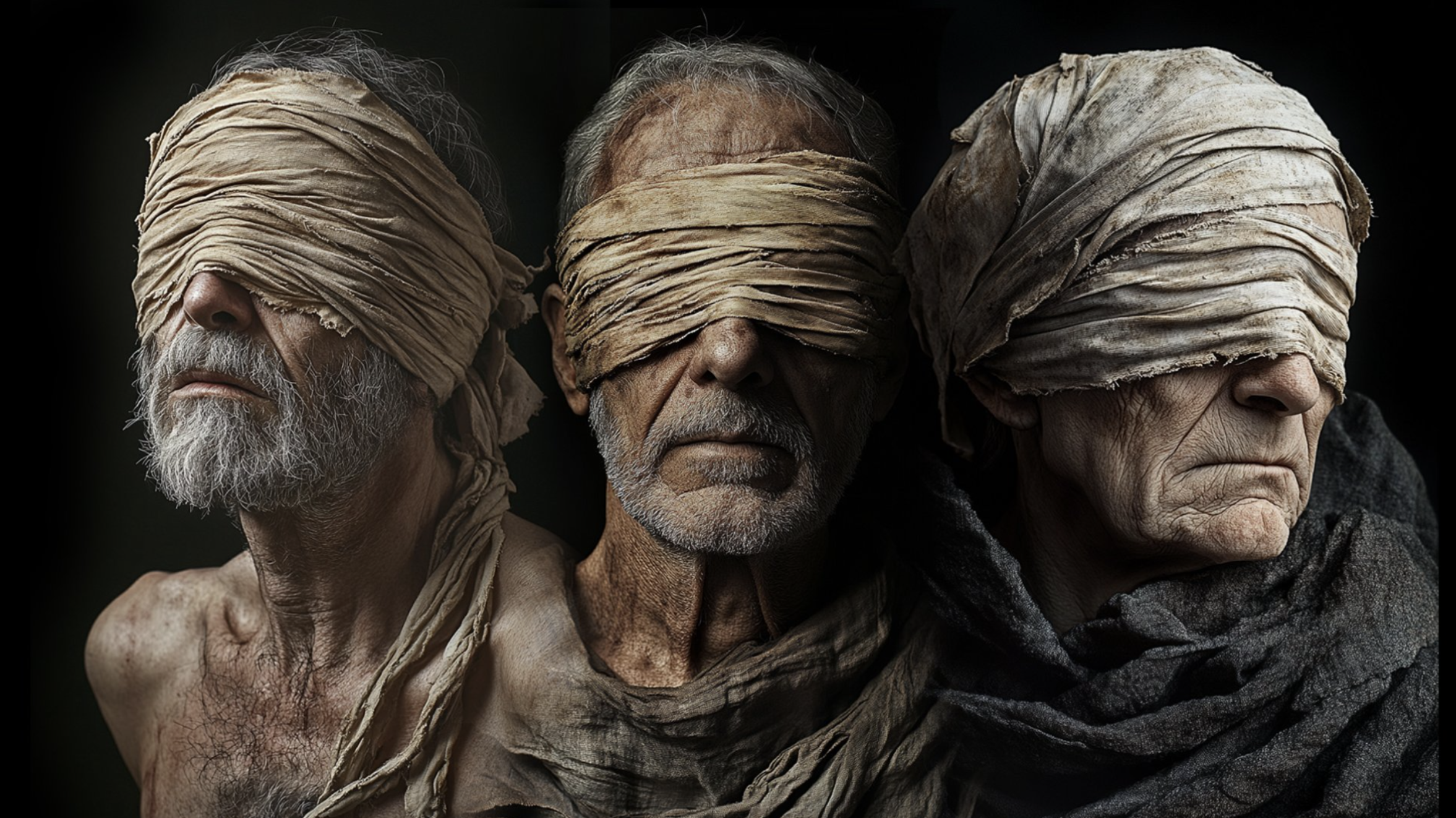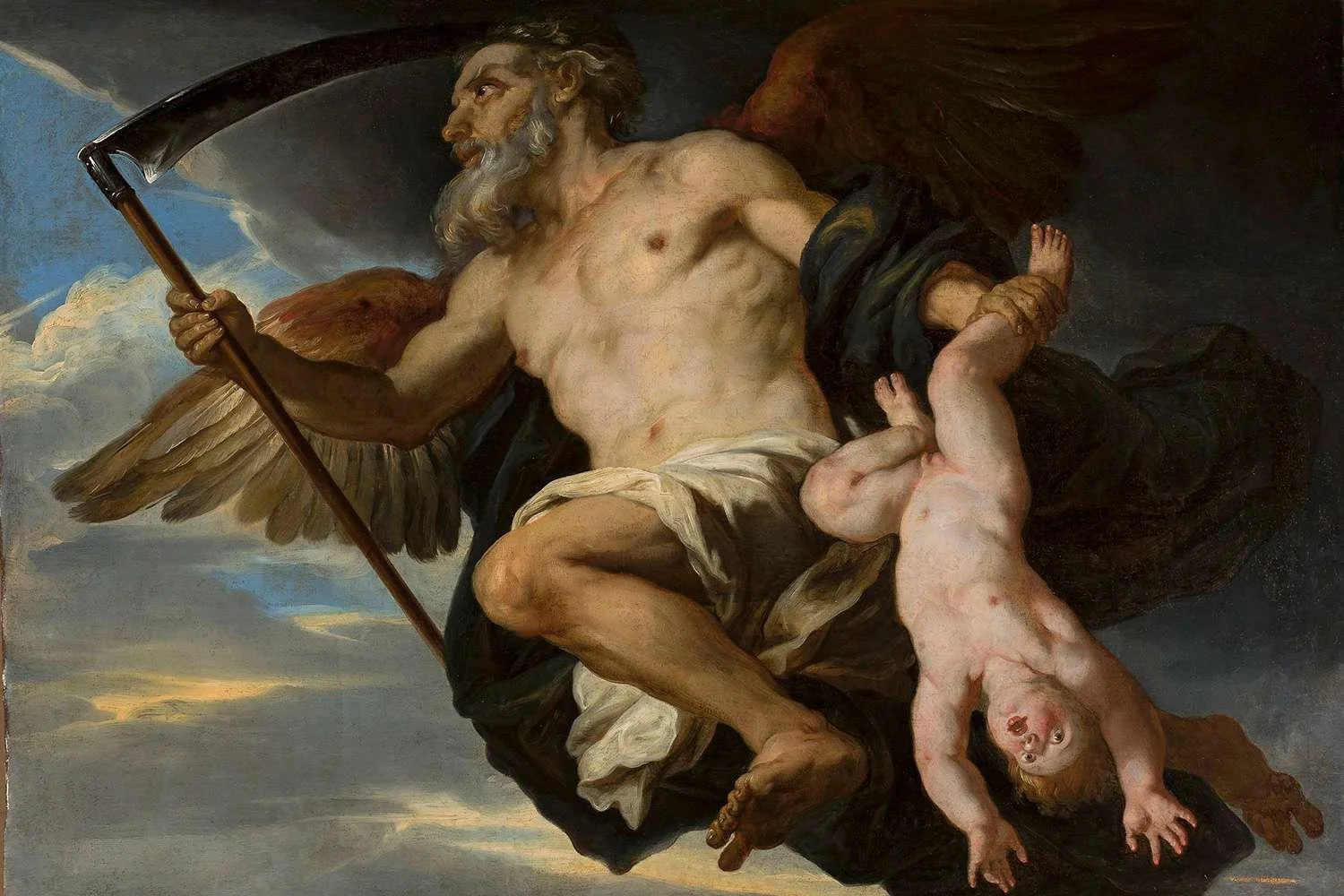
ARIADNE/WAYFINDING
What has Matt Written about Mythology?
Mythological sons embody creativity, destruction, and legacy. From Kronos’ cosmic defiance to Oedipus’ tragic blindness, Orestes’ redemptive justice, and the national foundations laid by Odysseus and Aeneas, sons navigate blood, loss, and destiny. They are both virus and cure. Bearing scars, reclaiming lineage, and defining what it means to be human. (Read)
Excerpt:
In making their way between being born and eternity in the underworld, mythological sons represent physical and psychological protection, but also offer extreme danger. "Easy the way down to Avernus; night and day the gates of Dis stand open" (The Aeneid, 6.161-163). But all of them exemplify the traits of what it means to be a hero. They suffer, they endure, and their divergent paths towards fatherhood, either personal, cultural or national, are hard won through lived experience. To thrive as a son is to bear the scars of the past, to embrace the destiny of the future, and ultimately to understand and anthropomorphize the algos of what it is to be mortal.
Explores Elizabeth Perez’s ethnographic work on Lucumí religious traditions, where kitchens become sacred spaces and taste a divine threshold. Through intimate food rituals, Perez reclaims marginalized Black Atlantic practices, while raising ethical tensions about observation, privacy, and difference. Worship, here, is sensorial, embodied, and delicately contested.. (Read)
Excerpt:
Sensorial practices of worship are how we’ve always connected to the divine, and Perez’s reclamation of the liminal threshold of the tongue and the choreography of the kitchen, with specific connection to the Black Atlantic experience illuminates an important fluidity and diversity in what it means to believe. However, in doing so, her very observation changes these practices, and the observer effect is precarious, stirring the pot on these previously intimate, private spaces of worship.



